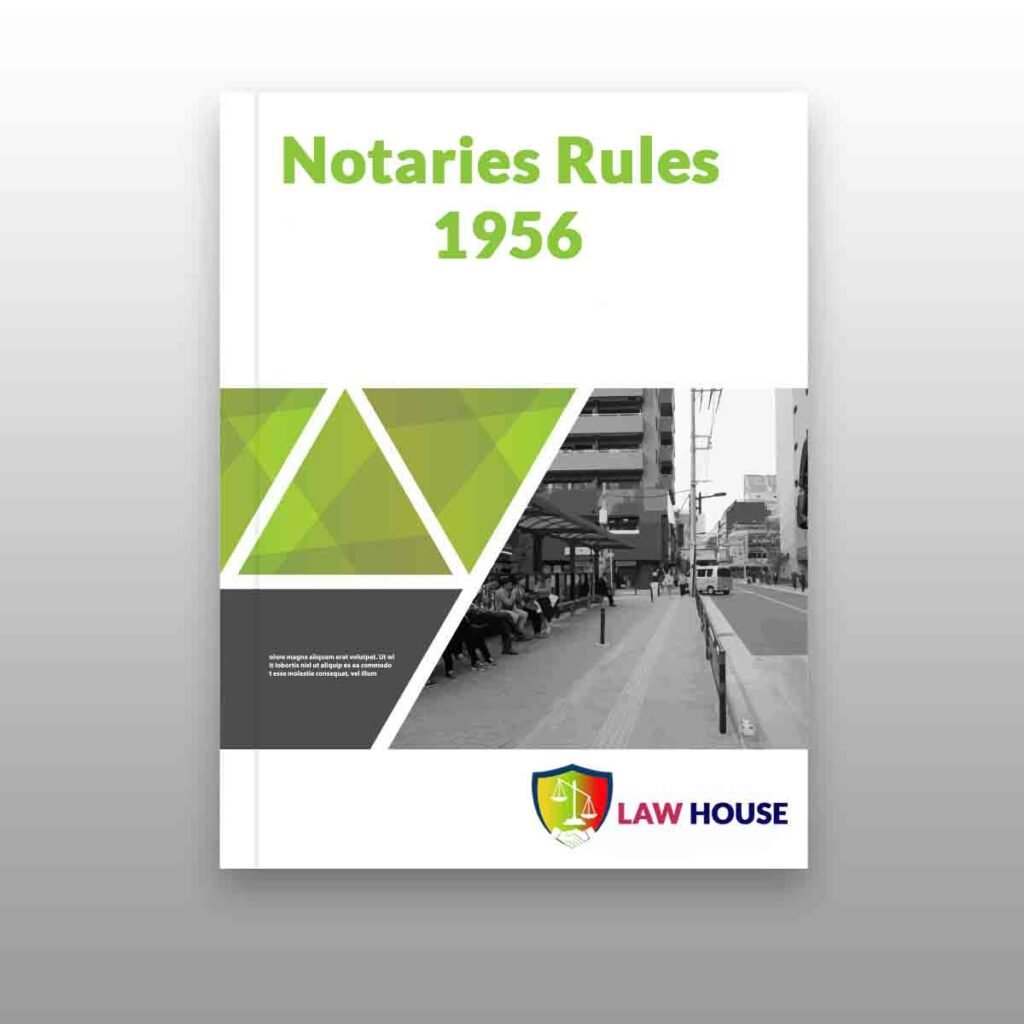An affidavit is a written statement from an individual which is sworn to be true. It is an oath that what the individual is saying is the truth. An affidavit is used along with witness statements to prove the truthfulness of a certain statement in court.
Who can offer an affidavit?
An individual can offer an affidavit, as long as they have the mental capacity to understand the seriousness of the oath. The contents of an affidavit reflect the personal knowledge of the individual making the statement. This means that an individual making an affidavit cannot be penalised for failing to include information of which they were not aware.
Personal knowledge can in some circumstances, include personal opinion rather than fact.
In certain cases, an affidavit can be offered on behalf of somebody else. This may be the case in relation to the guardianship of an individual who is severely mentally ill.
When should an affidavit be used?
You are required to use an affidavit in the following circumstances:
- Divorce proceedings, eg that both spouses have agreed to dissolve the marriage.
- Property disputes, eg how somebody came to inherit or purchase certain property.
- Debt cases, eg the circumstances leading to the debt and the fact that the debt is still outstanding.
An affidavit is a required piece of documentation in any dispute before a court. You will be prompted on their use when the rules of the court require them
Completing an affidavit
When completing an affidavit, you must ensure that you set out your account of the facts/events exactly as they happened. Take care to ensure that you have read the affidavit to ensure that it is correct.
As the document is accompanied by an oath that is legally binding, it is imperative to ensure that the facts are clearly and accurately represented. If any errors are found in the affidavit, they should be corrected before the affidavit is signed. This is a condition, regardless of whether it is convenient for the officials taking down the information and witnessing the document.
If an individual knowingly makes a false affidavit by making a statement which is false, then they can be found to have committed contempt of court.

Execution of an affidavit
If an individual is completing an affidavit, then in most cases, the document must be signed in the presence of a solicitor or other person commissioned to receive oaths (eg a notary public or another judicial officer who has administered the oath). The purpose of this is to check that your signature is valid.
We provide best Notary Services in Kolkata, Affidavit, Attestation, Power of Attorney, Will, Deed, Gift, Registration
Appointment Link : Click Here
Facebook: https://www.facebook.com/LawhouseKolkata
Google: Click Here
Mobile Number: 9831171795
Related Books:



